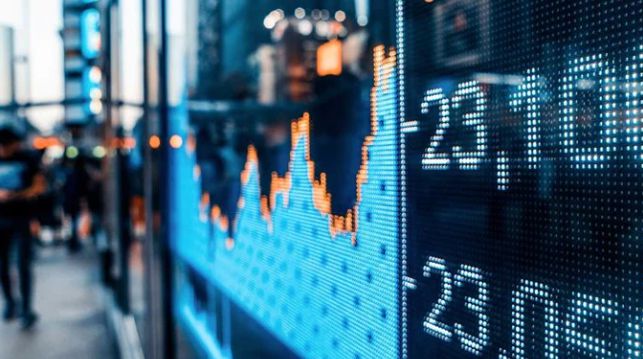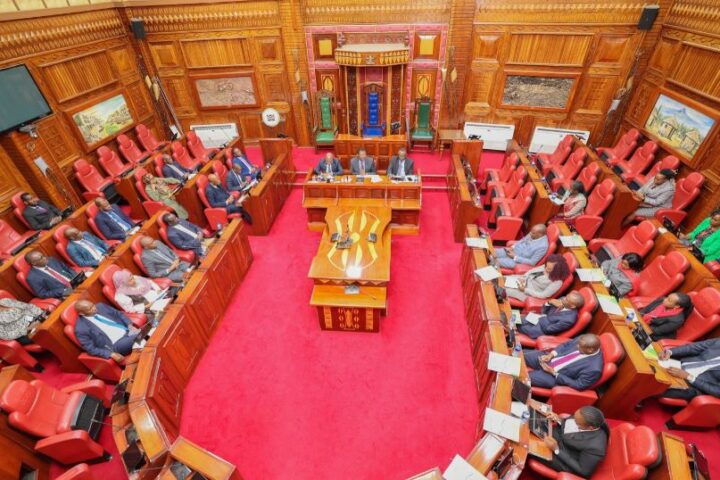
Its influence extends far beyond individual trades, affecting global economies, monetary policies, and financial markets in various ways.
What is Forex trading?
Forex trading, also known as foreign exchange trading, is the act of buying and selling currencies to profit from fluctuations in exchange rates. It is the largest and most liquid financial market in the world, where participants, including banks, corporations, governments, and individual traders, exchange one currency for another.
When consider the question “what is Forex trading?” it’s helpful to think of it in terms of activities that also facilitate international trade and investment, influences exchange rates, and provide mechanisms for hedging and speculative activities.
Influencing Exchange Rates and Economic Stability
Forex trading plays a central role in determining exchange rates, which have significant implications for economic stability. Exchange rates affect the cost of imports and exports, the value of foreign investments, and the competitiveness of a country’s economy. A strong currency can make exports more expensive and imports cheaper, while a weak currency can have the opposite effect.
Central banks and governments closely monitor exchange rates and may intervene in the Forex market to stabilize their currency. Such interventions can include buying or selling their own currency or adjusting interest rates to influence capital flows.
These actions can help prevent excessive volatility in exchange rates, which can lead to economic instability and uncertainty.
Impact on Monetary Policy
The Forex market also affects and is affected by monetary policy decisions made by central banks. Interest rates, set by central banks, are a critical tool for managing inflation, employment, and overall economic growth. Forex traders closely watch central bank announcements and economic indicators to anticipate changes in interest rates and adjust their trading strategies accordingly.
For example, if the Federal Reserve signals an increase in interest rates, the US dollar may appreciate as investors seek higher returns.
Conversely, if the European Central Bank announces a rate cut, the euro might depreciate. These movements can have ripple effects across global financial markets, influencing everything from stock prices to bond yields.
Providing Liquidity and Market Efficiency
The high volume of Forex trading means that the market remains highly liquid, so that currencies can be bought and sold quickly without causing significant price movements. This liquidity is essential for maintaining market efficiency and reducing transaction costs for traders and investors.
Liquidity also plays a vital role in times of financial stress. During crises, such as the 2008 financial meltdown or the COVID-19 pandemic, the Forex market provided a mechanism for central banks and financial institutions to access foreign currencies and stabilize their economies.
For instance, the Federal Reserve established swap lines with other central banks to provide US dollars during periods of market turbulence, helping to maintain global financial stability.
Risk Management and Hedging
Forex trading is a valuable tool for risk management and hedging. Businesses and investors exposed to currency risk can use Forex derivatives, such as futures, options, and swaps, to hedge against adverse currency movements. By locking in exchange rates or buying protection against unfavourable shifts, companies can protect their profit margins and ensure financial stability.
For example, an exporter in Germany expecting payment in US dollars can use a forward contract to lock in the current exchange rate, mitigating the risk of the euro appreciating against the dollar.
Similarly, investors holding foreign assets can use currency options to protect against currency depreciation.
Contributing to Speculative Activities
While Forex trading provides essential functions for trade, investment, and risk management, it also attracts speculative activities. Speculators seek to profit from short-term movements in exchange rates by buying and selling currencies based on market trends, economic data, and geopolitical events.
While speculation can increase market liquidity and efficiency, it can also lead to increased volatility and potentially destabilize financial markets.
Speculative trading can amplify market reactions to economic news and events, leading to rapid and sometimes excessive movements in exchange rates. This volatility can pose challenges for policymakers and businesses trying to navigate uncertain market conditions.
Final Thoughts
Forex trading is a cornerstone of the global financial system, facilitating international trade and investment, influencing exchange rates and monetary policy, and providing liquidity and risk management tools.
While it plays a role in supporting global economic stability and growth, it also introduces challenges, such as increased volatility and speculative activities.
Understanding the multifaceted impact of Forex trading on global financial markets is essential for policymakers, businesses, and investors navigating the complexities of the modern economy.








